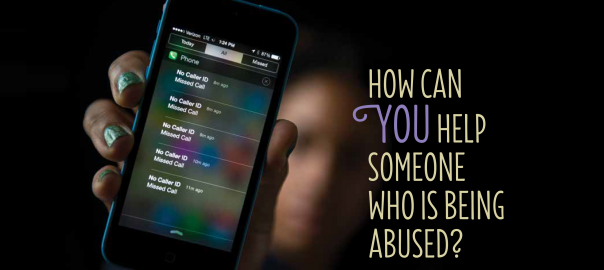How to Help Someone Else

Doorways provides shelter and services to individuals and families in Arlington, Virginia. If you or someone you know is experiencing abuse in our community, call Arlington’s 24-hour Domestic & Sexual Violence Hotline 703-237-0881 for information and support. Please call 911 if you are experiencing a life-threatening situation. Not in Arlington? Please see alternative resources here.
How Can You Help Someone Who Is Being Abused?
If you know someone who is being abused, the most important thing to do is listen and let them know you are concerned for their safety. Be supportive and acknowledge that the situation is very difficult and scary. Help them recognize that the abuse is not their fault, reassure them that they are not alone, and let them know that there is help and support available. What they need most is someone who will believe and listen to them. They may leave and return to the relationship many times. Be non-judgmental — they will need your support even more during those times.
One of the most critical services Doorways provides at our Domestic Violence Safehouse, on our 24-hour Domestic & Sexual Violence Hotline, and in our Court Advocacy Program is safety planning. Here are some of the important topics we discuss with those experiencing abuse:
Phone Safety
Every cell phone can be tracked through GPS or tracking devices. Smartphones can even have apps installed that run constantly without the user’s knowledge. If the survivor needs to call a hotline or another number that would raise suspicion from their abuser, they should use a public phone or borrow a phone from someone else. When they leave the relationship, it is best to remove the battery from their phone and dispose of it.
Danger Zones
Survivors of abuse can usually tell when their abuser is escalating the violence. At these times, it is important to stay out of the two most dangerous rooms in the house: the kitchen and the bathroom. These rooms have hard surfaces and weapons that can cause serious injury.
An Escape Plan
Leaving is the most dangerous time in an abusive relationship. Survivors should try to pack a bag that has copies or originals of important documents for themselves and their children and changes of clothes or personal items that they would not want to leave behind. If possible, they can keep this in a place that is easily accessible if they need to leave hurriedly but will also not draw the attention of their abuser.
Code Words and Signals
If a survivor reaches the point where they are in severe danger but are not able to call 911 or escape, it is good to also have another way of reaching out. For example, someone who needs to immediately escape their home could call a supportive friend and give a code word that would signal the friend to call the police. A dish towel hung outside the window could signal to someone that the family is in distress.
How to Help a Friend Experiencing Abuse
As a friend, family member or co-worker of someone in an unhealthy or violent relationship, you may be the first person to recognize your loved one is not safe. There are many things you can do to maintain your relationship with them and assist them in building a safety net for them, their children and their pets. Here are a few suggestions.
How to Help a Friend Who’s Experienced Sexual Violence
When a friend, family member or coworker discloses that they have experienced sexual violence, including rape and sexual assault, you may be the first person with whom the survivor shares their story. The assault may have happened recently or long ago. Your reaction to their disclosure is critical. There are many things you can do to support the survivor and empower them in their healing process.
